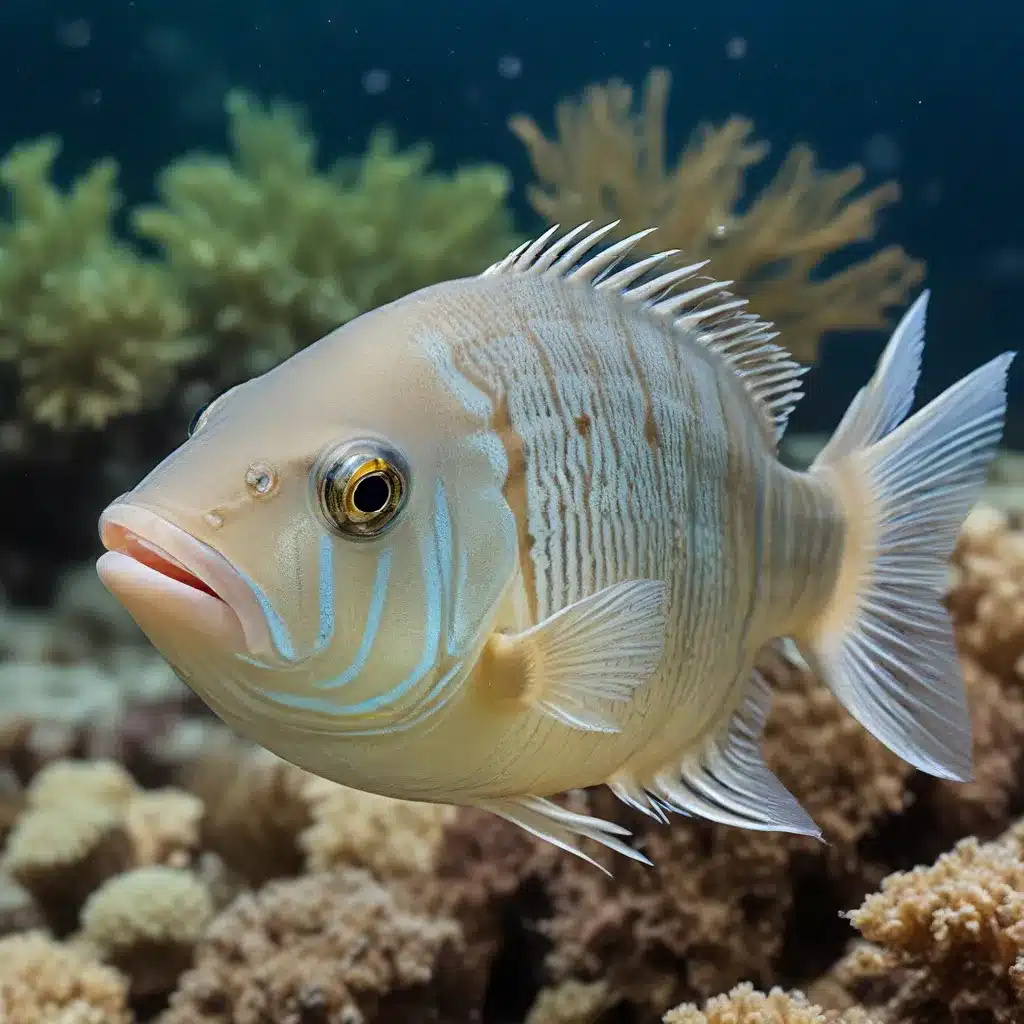
The Emotional Lives of Aquarium Inhabitants
When we think of fish, we often envision them as silent, emotionless creatures swimming aimlessly in their aquatic environments. However, recent research has revealed a much more complex and fascinating picture of the inner lives of these finned friends. Contrary to popular belief, fish are highly social animals capable of experiencing a range of emotions, from joy and playfulness to fear and stress.
Fish possess receptors that allow them to feel pain, and studies have shown that they can experience significant distress when subjected to stressful situations, such as being removed from the water or confined in small spaces. Just like us, fish also have unique personalities, with some individuals being more bold and exploratory, while others are more timid and cautious. These individual differences stem from both genetic and environmental factors, and they can have a significant impact on the fish’s behavior and social interactions.
One of the most remarkable aspects of fish behavior is their ability to recognize and remember other individuals. Fish have been observed forming complex social networks, where they can learn about the social status and reputation of their peers simply by observing their interactions. These social relationships can even involve elements of affection, as some species have been known to nurture friendships with their tank mates.
The Language of Fins and Gills
Fish have a wide range of communication methods, and their ability to “speak” to one another is often overlooked. From the chirping sounds of some species to the foghorn-like calls of others, fish use a variety of vocalizations to convey information and coordinate their activities. Additionally, fish can communicate through visual cues, such as changes in their coloration or the positioning of their fins, as well as through tactile interactions, like nudging or rubbing against one another.
These complex communication systems allow fish to establish their social status, defend their territory, and even attract potential mates. For example, some species of fish have been observed using specific courtship displays, complete with intricate dances and vibrant color changes, to attract a suitable partner. This level of social and emotional sophistication challenges the traditional view of fish as simple, instinct-driven creatures.
The Remarkable Memory and Intelligence of Fish
The cognitive abilities of fish have long been underestimated, but recent studies have shown that these aquatic creatures possess remarkable memory and problem-solving skills. Goldfish, for instance, have been found to have a long-term memory that can last for several months, defying the common myth of their supposed three-second memory span.
Perhaps the most impressive example of a fish’s memory is the salmon’s ability to navigate back to the exact stream where it was born, after spending years in the ocean. This remarkable feat is made possible by the salmon’s ability to remember the specific scent of the water in its natal stream, allowing it to unerringly find its way home, even after facing numerous challenges and obstacles along the way.
In addition to their impressive memory, fish have also demonstrated their problem-solving capabilities. Some species have been observed using tools, such as rocks, to open shells and obtain food, while others have developed innovative hunting techniques, such as squirting jets of water to capture insects from the surface. These behaviors not only showcase the intelligence of fish but also challenge the notion that they are simple, instinct-driven animals.
Protecting the Welfare of Our Finned Friends
As our understanding of the social, emotional, and cognitive capabilities of fish grows, it becomes increasingly clear that these animals deserve our care and consideration. Unfortunately, fish are often subjected to cruelty and neglect, with trillions of them being caught from the wild or raised in factory-like conditions each year to meet the demand for seafood and other fish-derived products.
To help protect the welfare of our finned friends, we can make more compassionate choices in our daily lives. By reducing our consumption of seafood or choosing to leave fish off our plates altogether, we can reduce the demand for these sensitive creatures and support more sustainable, ethical practices in the aquaculture industry.
Additionally, for those of us who enjoy the beauty and serenity of aquariums, it’s essential to provide our fish with proper care and attention. This includes maintaining a healthy, well-filtered aquatic environment, offering a diverse and nutritious diet, and ensuring that our fish have ample space to thrive and express their natural behaviors.
By recognizing the sophisticated nature of fish and making more mindful choices, we can foster a deeper appreciation for these remarkable creatures and work towards a future where all animals, including our finned friends, are treated with the respect and compassion they deserve.
Conclusion: Embracing the Complexity of Aquarium Life
As we’ve explored, the world of aquarium fish is far more complex and fascinating than we might have initially assumed. From their intricate social networks and diverse communication methods to their impressive cognitive abilities, fish are truly remarkable creatures that deserve our admiration and respect.
By better understanding the emotional and social needs of our aquatic companions, we can provide them with the care and attention they require to thrive. Whether you’re a seasoned aquarist or a newcomer to the hobby, embracing the complexity of aquarium life and prioritizing the welfare of our finned friends can lead to a more rewarding and fulfilling aquarium experience.
So, the next time you gaze into the mesmerizing world of your aquarium, take a moment to appreciate the incredible social and emotional lives of the fish swimming before you. With a deeper understanding and appreciation for these remarkable creatures, we can cultivate a more compassionate and sustainable future for all aquatic life.

